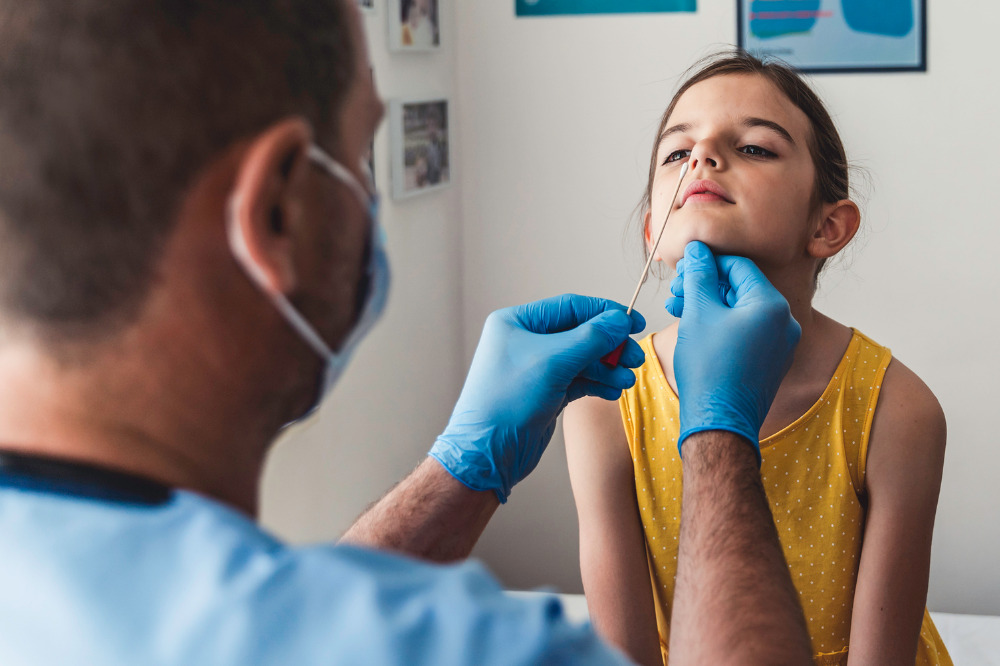
Fresh changes to existing COVID-19 protocols may mean that school shutdowns and students going into quarantine soon become a thing of the past.
The decision follows recent Doherty Institute modelling that shows screening students with rapid antigen testing before school starts works just as well as quarantining an entire class if a student tests positive to the COVID-19 virus.
The method, tabled at the National Cabinet before being outlined in the new Doherty Institute modelling, comes as NSW and Victoria announce plans to regularly screen students for the virus before face-to-face classes begin.
The Institute’s modelling found that the “test to stay” approach resulted on average in just one more infection in primary schools, and six fewer in secondary schools.
The Educator spoke to Ruth Owen, Deputy Secretary of Learning Improvement at the NSW Department of Education, who explained what the changes mean for schools.
“What this announcement means is that we can now deploy RAHT kits essentially from the beginning of a student or staff member’s isolation,” Owen told The Educator.
“So, if a student comes into close contact with a positive case, the first thing they must do is to get a PCR test at a hub and wait for the result. Once the result comes through and it’s negative, the school will provide to them a pack of seven test kits which they will use every day at home, and as long as that test comes back negative, they can return to school”.
The changes also mean schools will no longer need to close while contact tracing occurs due to successful cohorting of year groups on school sites, with the only exception being if there are multiple cases at a school or complex settings in place.
NSW Health has also advised that schools do not need to close for deep environmental cleans as the enhanced cleaning in place at schools is sufficient. However, current mask settings (mandatory for all staff and high school students). Primary school students do not need to wear masks, but it is recommended they do so.
Other changes include the lifting of restrictions on the playing of instruments that rely on breath, and the green light for students to sing and chant outdoors, “within cohorts, and in line with other COVID-Safe settings”.


